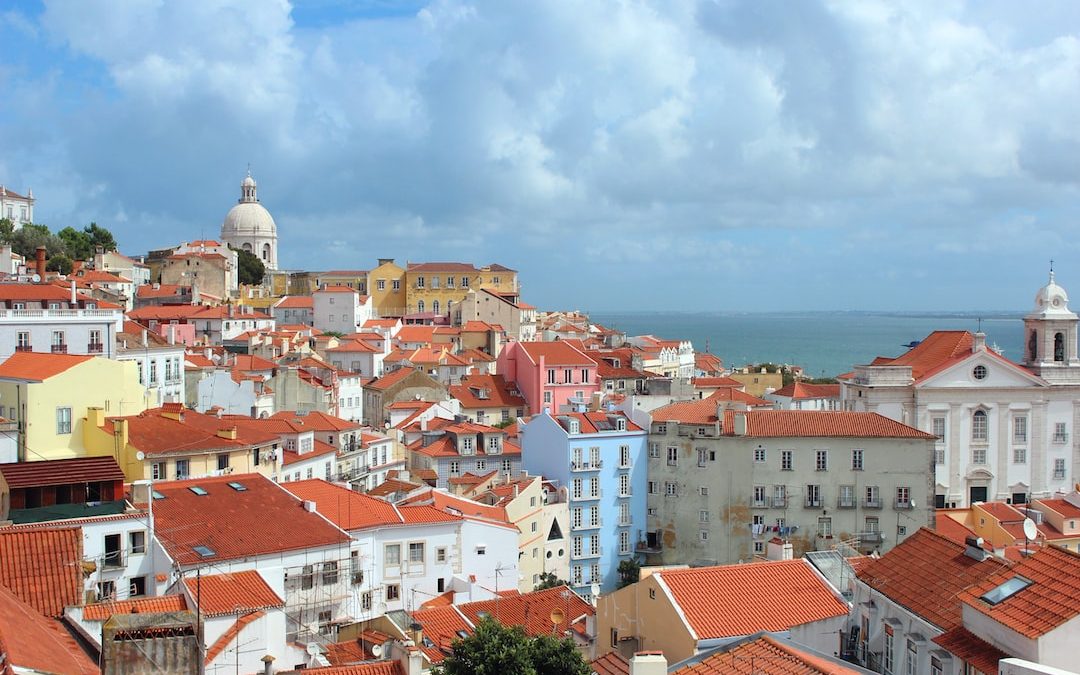Table of Contents
Exploring the Culture of Portugal
The culture of Portugal is a rich tapestry of influences from its varied past. From its storied history of exploration and discovery to its vibrant and colorful modern-day customs, Portugal has plenty to offer to the inquisitive traveler. From its art and cuisine to its music and religions, Portugal’s culture is both unique and captivating. In this blog post, we’ll take a look at some of the key aspects of Portuguese culture and explore how they shape the country today.
Portuguese Cuisine
Portuguese cuisine is renowned for its simple yet flavorful dishes. Dishes such as bacalhau (dried salted cod), caldeirada (a fish stew), and cozido à portuguesa (a stew of meat and vegetables) are all staples of the country’s cuisine. Fish and seafood are of particular importance, as Portugal is surrounded by the Atlantic Ocean, and the country is home to many dishes which make use of ingredients such as clams, mussels, and sardines. Other Portuguese specialties include queijadas (cheese tarts), pastéis de nata (custard tarts), and arroz doce (rice pudding).
Portuguese Music
The music of Portugal is an eclectic mix of traditional and modern styles. Traditional music is characterized by its use of traditional instruments such as the violin, guitar, and mandolin. Popular traditional songs include fado (a type of melancholic ballad) and moda (a romantic style of music). Modern Portuguese music is heavily influenced by rock, jazz, and hip-hop, and popular performers include Ana Moura, Carminho, and Mariza.
Portuguese Art
The art of Portugal is a mix of traditional and modern styles. Traditional art includes painting, sculpture, and ceramics. Popular traditional artists include José de Almada Negreiros, Mário Eloy, and Maria Keil. Modern art is often influenced by contemporary trends, and popular modern artists include Joana Vasconcelos, Alexandre Farto, and João Penalva.
Portuguese Religion
The vast majority of Portugal’s population is Roman Catholic, and the Catholic Church has had a significant influence on the country’s culture and history. Other religious groups in Portugal include Protestants, Muslims, and Jews. Portugal is also home to a number of folk religions which are practiced by some of the country’s rural populations.
Portuguese Language
Portuguese is the official language of Portugal, and is spoken by the vast majority of the population. It is a Romance language, descended from Latin, and is similar to Spanish and Catalan. Portuguese is also an official language in several other countries, including Brazil, Angola, and Mozambique.
Portuguese Architecture
Portugal is home to a wide range of architectural styles, from the medieval castles of the north to the baroque churches of the south. Portugal’s most iconic architectural feature is the Manueline style, which was developed in the 15th and 16th centuries and features intricate carvings and lavish decorations. The country is also home to a number of modern architectural styles, such as the International Style of the 1930s and the Postmodernism of the 1980s.
Portuguese Literature
Portuguese literature has a long and rich history, stretching back to the 12th century. The earliest works were written in medieval Galician-Portuguese, an ancestor of modern Portuguese. Modern literature is characterized by its use of the Portuguese language, and popular authors include Fernando Pessoa, José Saramago, and António Lobo Antunes.
Portuguese Film
Portuguese cinema has been active since the early 20th century, and has produced many critically acclaimed films. Popular directors include Manoel de Oliveira, João César Monteiro, and Miguel Gomes. Recent films such as “Tabu”, “Aquarius”, and “The Ornithologist” have all been praised for their originality and creativity.
Portuguese Dance
Traditional Portuguese dance is characterized by its use of traditional instruments such as the guitar, violin, and mandolin. Popular dances include the fandango, the jota, and the sarrabulho. Modern dance styles include salsa, tango, and hip-hop, and there are a number of dance schools and clubs in Portugal for those who wish to learn.
Portuguese Festivals
Portugal is home to a wide variety of festivals throughout the year. Popular festivals include the São João festival in June, the Festa de Nossa Senhora da Piedade in July, and the Festival do Atlântico in August. The country is also home to a number of religious festivals, such as the Festas de Lisboa in April and the Festa de Nossa Senhora da Ajuda in September.
Portuguese Sports
Sports are an important part of Portuguese culture, and football (soccer) is the country’s most popular sport. Other popular sports include basketball, volleyball, and handball. Portugal has produced a number of world-famous athletes, including footballer Cristiano Ronaldo, basketball player Tiago Splitter, and tennis player Rui Machado.
Portuguese Culture Today
Portuguese culture is constantly evolving, and the country is home to a wide variety of customs and traditions. Portugal is a vibrant and exciting place to visit, and its culture is sure to captivate and inspire even the most seasoned traveler. From its cuisine and music to its art and religion, Portugal’s culture is both unique and captivating.
Conclusion
Portugal is a fascinating country with a rich and varied culture. From its traditional music and art to its modern-day sports and festivals, Portugal offers something for everyone. Whether you’re a traveler looking to explore the country’s history and culture or a local looking to appreciate the beauty of your homeland, Portugal is sure to provide an unforgettable experience.












